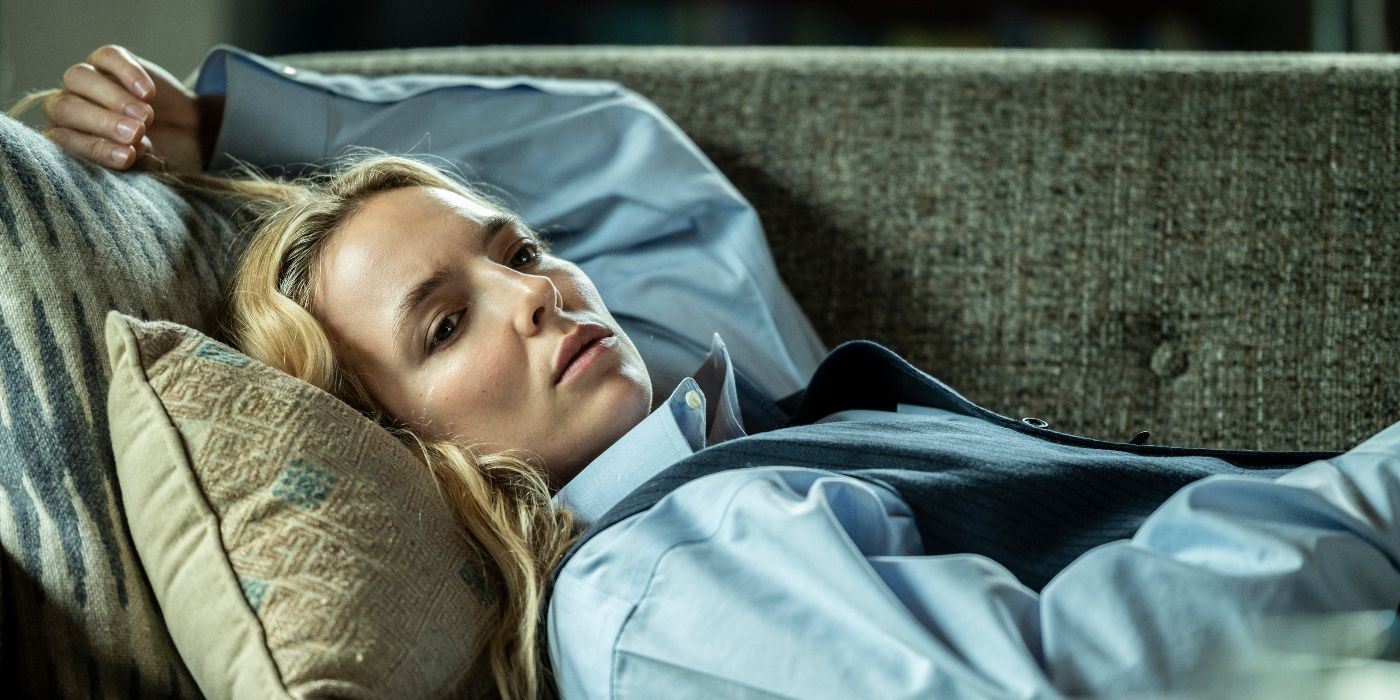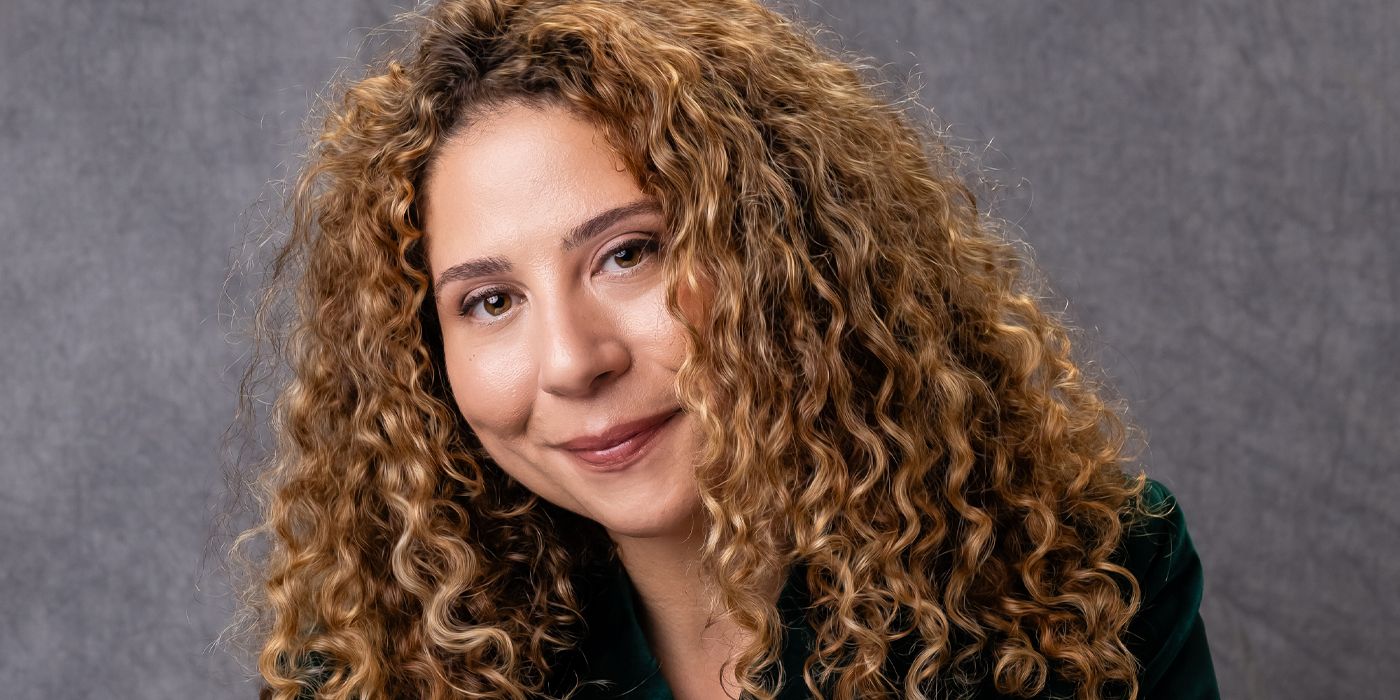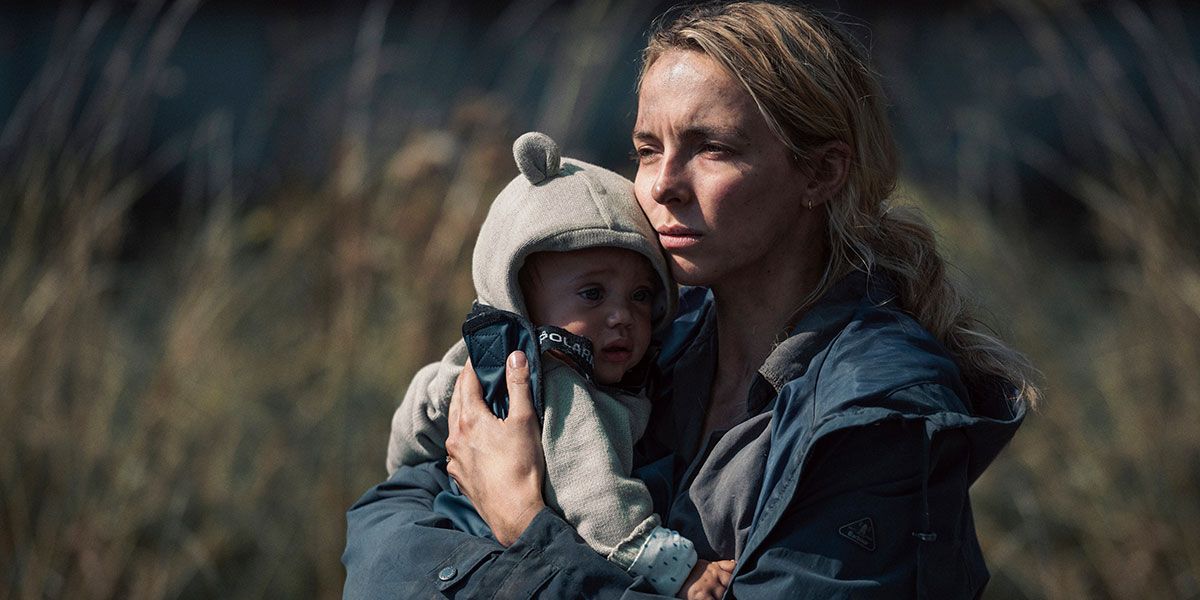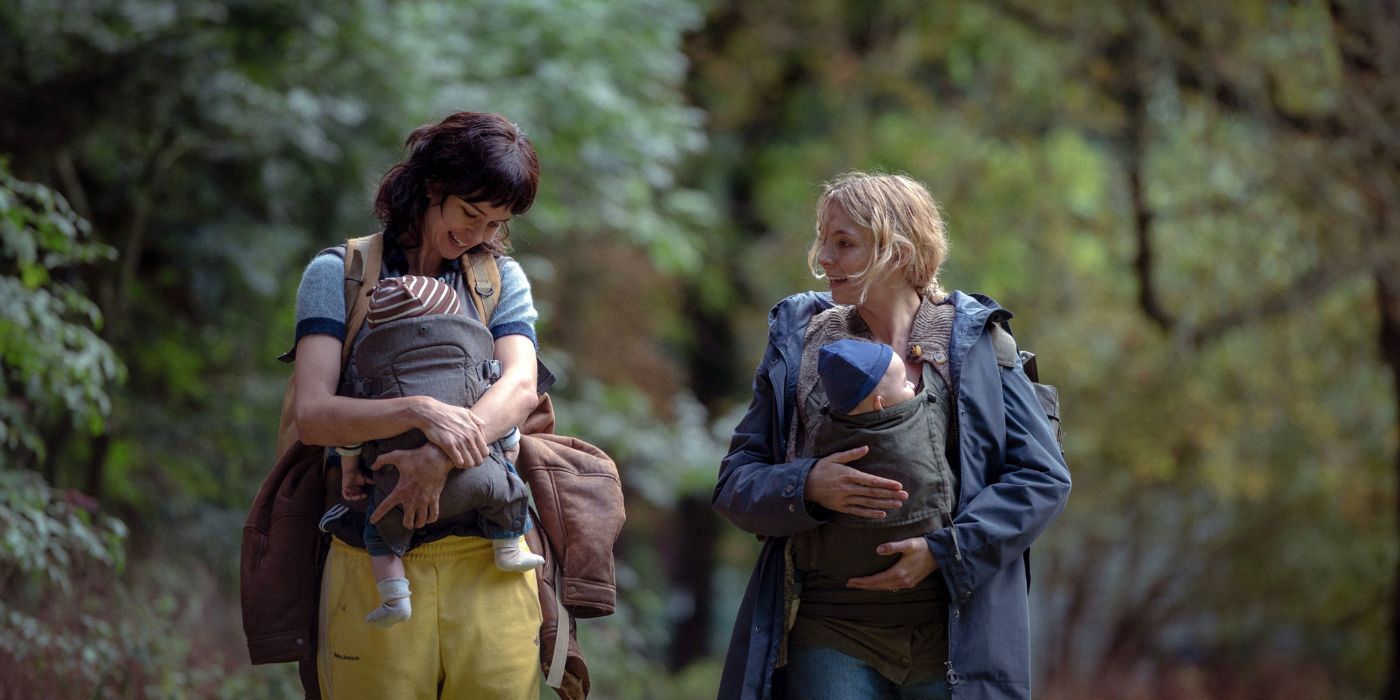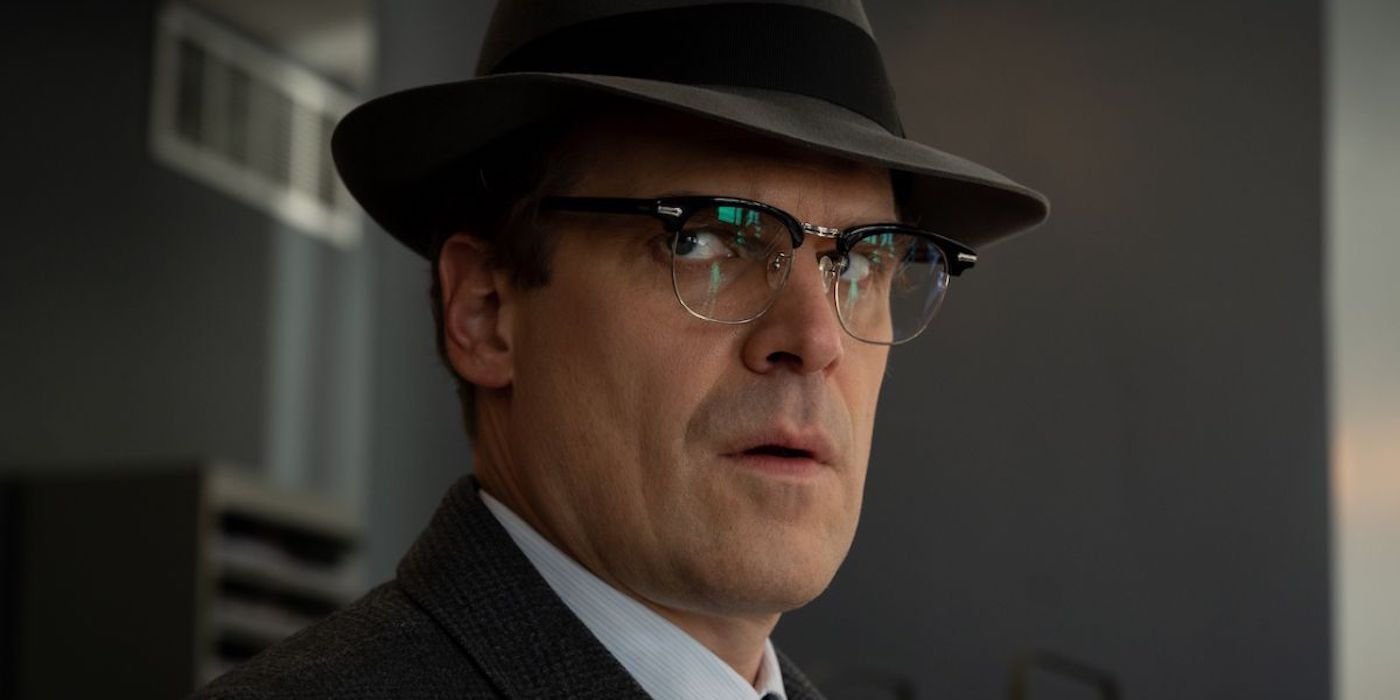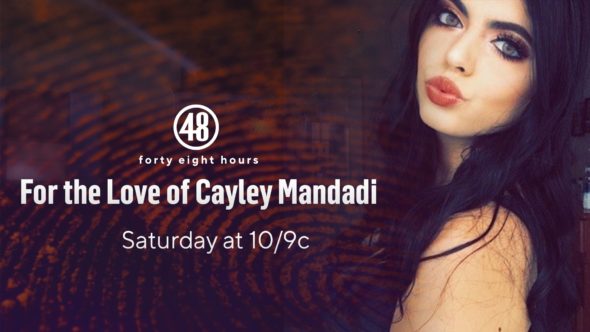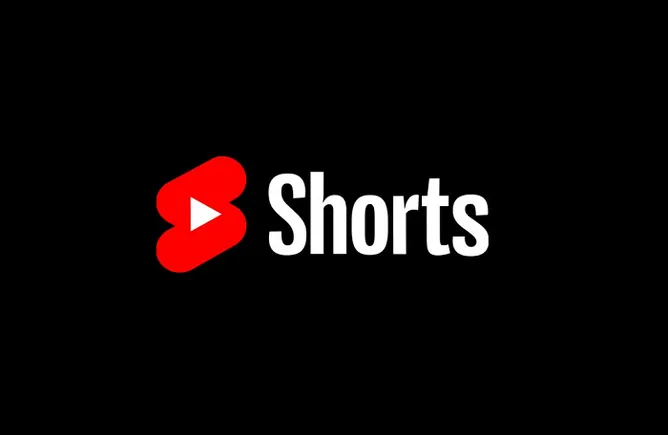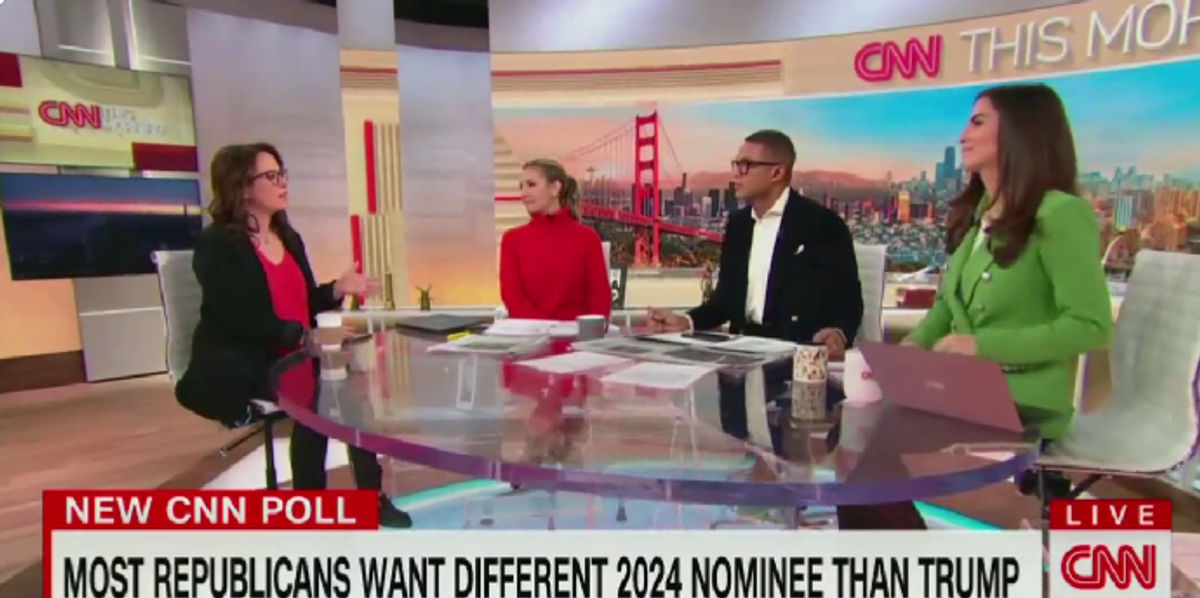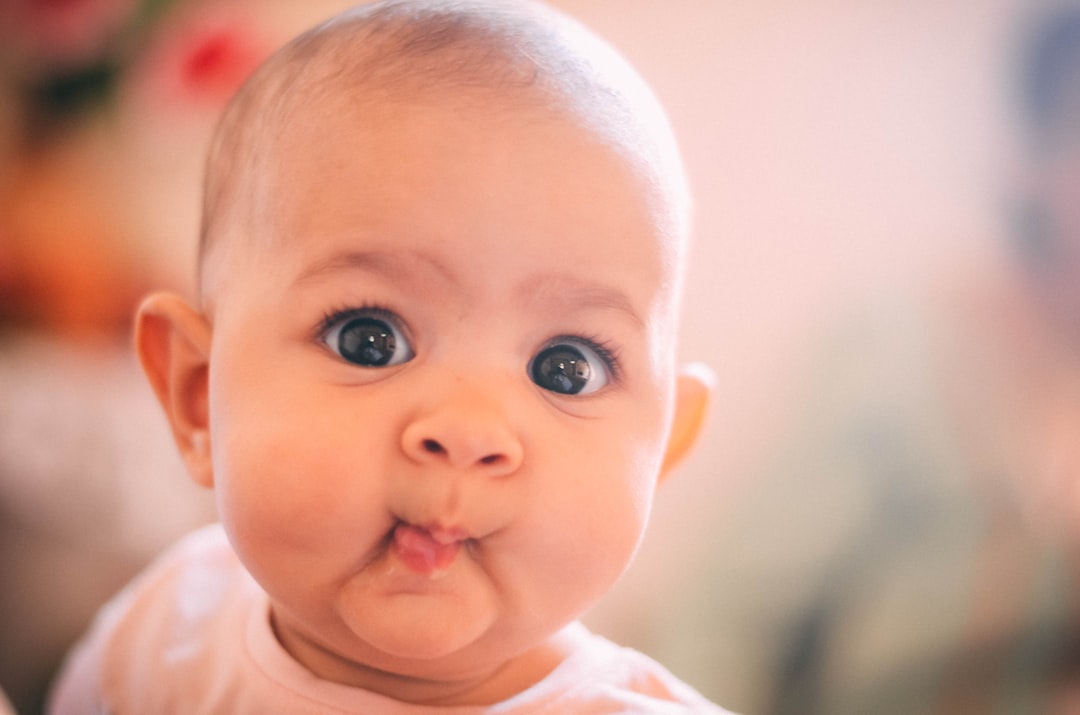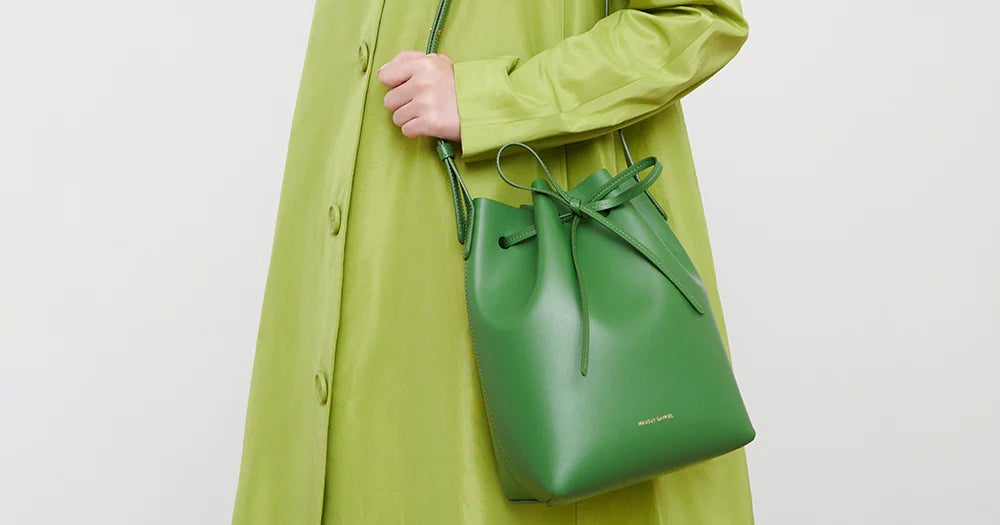The Big Picture
- Jodie Comer was praised for her performance in The End We Start From at the Toronto Film Festival, showcasing her talent in front of and behind the camera.
- The film, adapted from a novel by Megan Hunter, tells the story of a new mother navigating through a catastrophic flood and the collapsing society due to climate change.
- Comer discusses her experience producing the film, working with a predominantly female cast and crew, and the importance of portraying the impact of climate change on a human level.
Emmy Award-winning actress Jodie Comer shot to stardom with her performance on the BBC series, Killing Eve, then further proved her acting chops in Shawn Levy‘s Free Guy opposite Ryan Reynolds. Not long after, she made the decision to try her hand at producing, and at the 2023 Toronto Film Festival, The End We Start From celebrated its world premiere to critical acclaim, proving, yet again, she’s a force in the industry in front of and behind the camera, with good instincts.
Adapted from Megan Hunter‘s 2017 disaster novel, The End We Start From is about a woman whose first child’s birth coincides with a catastrophic flood that devastates London. As the climate crisis heightens and society begins to collapse around them, the new mother must forge ahead, with or without support, to find refuge and a future for her newborn. The film also stars Katherine Waterston, Benedict Cumberbatch, and Joel Fry.
Since the TIFF premiere, Comer has also just finished her very first run on Broadway in Prima Facie, a show that features the actress and producer front-and-center, solo, for the entirety of the production. During this interview with Collider’s Steve Weintraub, we learn about Comer’s knack for facing down her fears, embracing them, and learning lessons to take onto future projects along the way. She discusses working with a cast and crew heavily reliant on women for The End We Start From, producing, the fascination and trepidation of new motherhood, the film’s climate message, and improvising scenes with Waterston. For all of this, and more on her first-ever voice-acting gig alongside David Harbour in Alone in the Dark and her next role in The Bikeriders with Austin Butler, check out the video above, or you can read the interview transcript below.
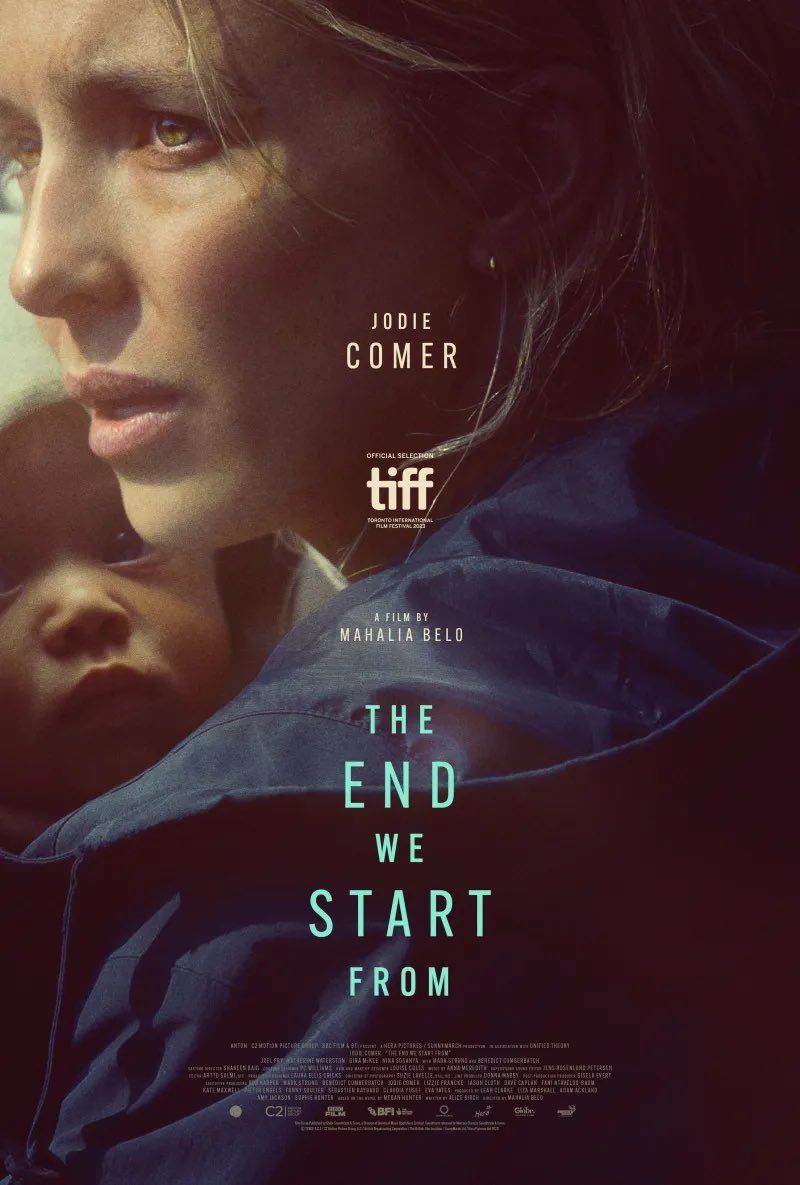
The End We Start From
A woman tries to find her way home with her newborn while an environmental crisis submerges London in floodwaters.
- Release Date
- December 8, 2023
- Director
- Mahalia Belo
- Runtime
- 102 minutes
- Main Genre
- Drama
- Writers
- Alice Birch
COLLIDER: So I have a million questions for you. If someone has never seen anything that you’ve done before, what is the first thing you’d like them watching and why?
COMER: Oh, that’s a good question. I did a film called Help for Channel 4 about the COVID crisis and the handling of the care homes in the UK. I think I’d like people to see that because I’m very proud of it, but I also have my own accent, and I think it’s really celebratory of Liverpool where I’m from. So, they’d also get an essence of where I’m from and the people there, so maybe that. Why not?
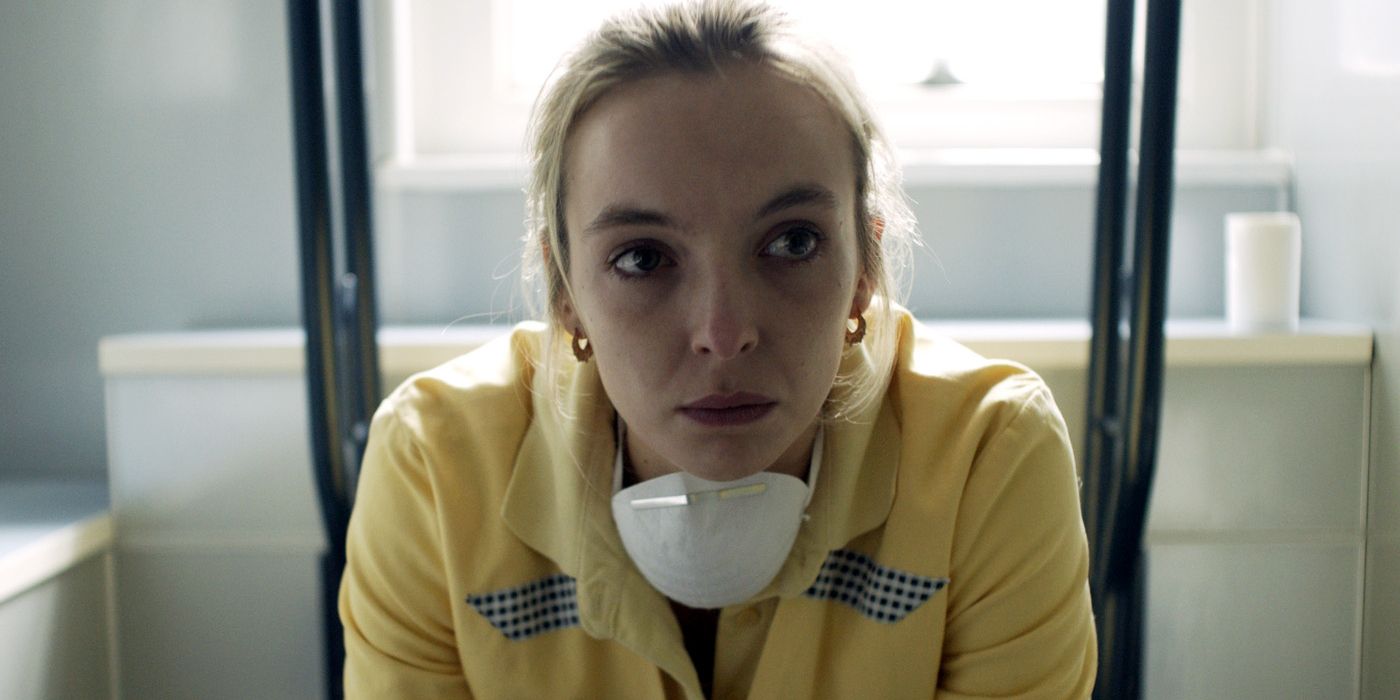
‘Help’ Trailer Reveals Jodie Comer’s Pandemic-Era Care Home Drama
If you wondered when they’d start making COVID movies… well, yesterday.
I didn’t know you were from Liverpool. Does that mean you basically are a Beatles super fan or no?
COMER: It basically means I am a Beatle, is the truth. It’s just by association.
You’ve done a lot of cool projects. What is the most nervous you’ve been the night before the first day of filming?
COMER: I feel like the most nervous I’ve ever been was probably actually doing theater. It would have been doing Prima Facie. The whole thing was terrifying every day, every day, so I would say that.
I’m actually bringing that up with you because you did that on the West End, and then you took it to Broadway. I could never be an actor on stage. I would forget my lines, I’d be too in my head, but what is it like playing a role like that? And not only playing the role, but winning awards and people raving about it?
COMER: It was a very, very profound experience. I think it was one of those moments where it felt like all the stars had aligned in a sense that every single person who was a part of that creation process was exactly where they should have been. The team was just so strong and had so much integrity that it just made the experience incredibly beautiful and fulfilling. And then to bring it out into the world, and to have had the response from the audiences and the kind of accolades, it was a dream. It really, really was a dream. I’ve only just kind of come out of the Broadway run, but I don’t know if I’ll ever experience anything like that again. I hope I do because it was euphoric. But I also feel very blessed. It feels very sacred.
It’s also probably one of those things where, because you’re so in your head about it, it’s hard to really enjoy everything while you’re in the middle of it.
COMER: Totally. As well, because energetically being on stage alone, and that very quite intense emotional material every day, it demands a lot for you in a sense of having to take care of yourself. So, you can be incredibly boring in your real life. To your family and friends, it’s like you’ve fallen off a cliff, but you kind of have to do what is necessary to be able to perform that every night and, like you say, be in the moment and not let the chaos of your mind get in the way.
Jumping into why I get to talk to you, what was it about this project that said, “Not only do I need to star in it, I need to produce it. This is gonna be my thing?”
COMER: To touch on the producing aspect, the first time I’d done that was on Help, and I just realized how insightful it is to be a part of those creative conversations. I feel like I learn so much from the other people who I work with. I also learn a lot about my own tastes and instincts by sharing my opinions and thoughts on whether it be script or post-production in the edit. It makes the experience so much more fulfilling.
And what drew me to the role really was Mahalia Belo, our director. I was so struck by the script, written by Alice Birch. I was a huge fan of so much of her work, thinking of, like, Lady Macbeth, Normal People. I loved her dialogue. And I was really struck by May’s vision in which she wanted to depict motherhood and create something that was very intimate and very naturalistic. I think that’s what really drew me initially.
The Women Behind ‘The End We Start From’
One of the really cool things about this project was the writer, director, producer, cinematographer, production designer, costume designer, and the lead — all women.
COMER: Yes.
Obviously, I’m leaving out other people, but what I’m saying is so many of the core people involved were women, and I feel like that sensibility comes through on screen. Can you talk about making a film with women and how that helped the project/informed the project?
COMER: It helped me massively. I feel like the film is incredibly tactile and sensitive, and I think that comes from, you can very, very much see a woman’s experience throughout it. For me, not being a mother, first off, I really wanted to make sure that when women watch this, it might not be their experience exactly, but I wanted them to see a truthful depiction of what it can be like, and all of those nuances and things that you experience when you’re a new mother.
So, for instance, little things that I think of, like how your physicality when you’re pregnant, how you hold your body, how your relationship to your body changes after having a baby. So many women say they feel unrecognizable to themselves. Or how we communicate, how mothers can communicate with their babies, and especially within our film. Zeb is her only company, and there’s a way in which she talks to him that is almost like she’s speaking to a friend, or like someone who can understand what she’s saying. There are certain things that you don’t have instinctively, I feel like, if you haven’t given birth yourself, so to be surrounded by so many women and be able to have those conversations on set, or maybe if I wasn’t holding the baby correctly, someone could jump in and feel able to do that, and say, “Oh, actually Jodie, maybe try this.” There was a lot of that on this set, and I think it really did enrich the piece.
‘The End We Start From’s Unique Approach to Climate Change
One of the things about this film is that it’s not screaming about climate change, but it’s talking about climate change. I feel that no matter how many scientists scream what we’re doing to this planet, we need movies and television to sort of remind people that we’ve really got to deal with this. It’s an all-hands-on-deck situation.
COMER: Absolutely. I know, you read so many articles which are like, “We’re on the tipping point, but if we pull this back now…” and I always have a vision of, like, “What is it gonna be like when the day is, ‘No, actually, the tipping point has gone?’” I think that’s what I was also drawn to within the film — I feel like it explores climate change on a very human level. And don’t get me wrong, the CGI and the special effects in this movie, especially with it being an independent film, I believe, are incredible, but it was never about showing the earth in a shocking way, or picking up a landmark and submerging it, and trying to tell the story in that way. It was more about, like, “If we were to go through this, how does that fracture and put stress on our relationships? How do we move forward when the person who we love can’t move forward with us?” All these really difficult questions that, for me, I found really emotive because they felt very, very real, and I didn’t feel like I’d seen that in a film before that depicts climate change. I think that might be why people have quite an emotional reaction to it, because it kind of puts you in those shoes.
When you saw the shooting schedule, what is the day that you had circled in terms of, “I can’t wait to film this,” and what’s the day circled in terms of, “Oh my god, I have to film this?”
COMER: God, there were so many “Oh my god, I can’t wait”s. I think a big one for me was, I was so excited to wear the prosthetic. So, in the opening sequence, Woman goes into labor, and for that I had a body prosthetic on from, like, my collar bones to my hips, and I was so excited about showing a woman’s form in that way. It’s incredibly beautiful to me, and I was so excited to show that and celebrate it, but also to get to see what I would look like if I was pregnant. [Laughs] I was like, “When do you ever get that luxury?” It’s a very surreal situation to be in, and so that was really, really cool. The three-and-a-half/four hours in makeup was not the most exciting, but I felt so fortunate to be working with the hair and makeup team that we had on this job.
I think one I was kind of nervous to film was, there’s a moment at the end of the film where Woman is finally allowed the time and the space to process the past year of what she’s experienced. She’s kind of pushing through and forward for the sake of her baby, and she isn’t really afforded the luxury or the time to dwell or ruminate on what it is that’s happening. And May had always spoken very clearly about there being one moment near the end where she breaks down, and Alice thought of this really beautiful idea of her playing peek-a-boo with the baby, and as she’s playing that, she’s kind of overcome. And I remember thinking, “Oh, god.” So she starts off seemingly okay and then has to be really not okay at the end, but is still trying to hide it. That moment for me was so complex, so that was a big thing because it felt like we’ve been holding so much in for the entire shoot that it was like, “Here’s the big moment.” And of course, that’s the worst thing you can think of as an actor when you have something like that to do because you’re immediately in your own head, which is the exact opposite of what you want. So, I’d probably say that moment.
I have to ask, if I was an actor and I got to disguise myself, like pretending to be pregnant, is there a temptation to just go to the local Starbucks and just see how people will treat you, or just to throw off people and be like, “Is she pregnant?”
COMER: [Laughs] It’s a good point. I didn’t actually think of that. I didn’t think to do that. Talking about preparation, I had a doll that I had to bring home because May was like, “I want you to hold the baby whilst you’re cooking your tea, whilst you make yourself a coffee, while you take the laundry out of the washer,” to get really comfortable. And I remember my brother came to stay with me while I was shooting, and he came in while I was gone, and he was like, “What is this baby propped up?” The baby was sat up on the sofa, and he sent me a picture and he was like, “What the hell is going on?” So that was enough of a shock, I think.
I actually think that’s a really smart thing, to have practice just so you’re in the headspace all the time.
COMER: I mean, when you see mothers, they’re constantly multitasking. They’re more often than not doing four things at the same time, and somehow, their ability to do that kind of stuff, it’s very real. And it was a great idea by May. When she said that I was like, “Oh, actually, I would find that really helpful.” Especially because the first babies that I met were eight weeks old, and my hands were visibly shaking when I held them for the first time, which was also great because I could use that for the reality of what it’s like to be a new mother when you’re like, “Okay, I’ve read all the baby books, but actually nothing has prepared me for this moment when I have my baby in my hands.” And then I became more comfortable, and I was able to kind of portray that on screen. But yeah, it was good just to get used to the kind of physicality.
Jodie Comer & Katherine Waterston’s ‘The End We Start From’ Kiss Was Improvised
I’ve seen a lot of movies just like you, and I really hate how in, like, every movie you get introduced to a character and nine out of 10 times they’re gonna turn and be the antagonist. So, I loved the relationship with Katherine Waterston and how they’re both really supporting each other and really love each other. Can you talk about working with her and also that it’s a loving relationship?
COMER: Well, it’s that beautiful platonic love, right? I think we put so much emphasis in our lives on romantic love, and actually, some of the greatest love that we feel is for our friends. And working with Katherine was incredible. We could always feel the energy of O, her character, on the page. We’d already started filming at this point, and Katherine hadn’t joined us, and it was like, “Oh, whoever comes has just got to bring this huge gust of energy,” and she did. We got on very well, which just created a very kind of natural, relaxed environment. She’s so spontaneous and very curious, which is amazing to be around because it forces you to kind of step up, in a way. So yeah, I feel like the relationship that we formed came through a lot.
I feel like we also had a fair few lovely little improvised moments because we’d established that kind of relationship. For instance, when she blows the eyelash off my eye and it kind of blows back to the memory of her husband — that was improvised. The moment where they depart on the beach and Woman goes back and kisses her like that, that wasn’t scripted. It was something that I felt I wanted to do, and May was like, “Well, don’t tell her, just do it.” We were always having that kind of playfulness, and I think we were both equally as present, and you always just get so much from those working relationships.
David Harbour and Jodie Comer Never Worked Together on ‘Alone in the Dark’
I am a fan of your work, and now that you’ve wrapped on Broadway, what are you doing in 2024? I read that you’re part of the Alone in the Dark video game, and so how did you get involved in that, and what can you tease about it?
COMER: With Alone in the Dark, that actually came through not long after I’d shot Free Guy. It was like a year after, and I was like, “Okay.” I’m not a gamer. The reason why I wanted to do it was because I’d kind of explored it in this film, and I thought, “Oh, actually, I’d love to kind of see behind the curtain and see what goes into it.” And there is so much work that goes into these video games. A lot of the team had been creating Alone in the Dark for, like, eight years, and the script for a video game is like a film script. It’s, like, hundreds of pages. The level of work and craftsmanship that goes into creating them is undeniable, so I just really wanted to experience that and see what it was like.
And in regards to next year, I have a film with Jeff Nichols called The Bikeriders, which is coming out in June, which I’m really excited to be able to speak about. And then as of now, I have things in very early development stages that aren’t necessarily greenlit. I’m always kind of skeptical to speak about things in depth when they’re not quite there yet, but we’ll see. It’s kind of open for me at the minute, so I’m just kind of reading and waiting to read something that really gives me that gut instinct and drive to say, “Yes, let’s do this now.”
I read it was you and David Harbor that did the game? Was it you guys together filming? Was it separate? What can you tease about? I know there’s gonna be people that read this that are really curious about your involvement, and David, and what the game is about.
COMER: Me and David, we weren’t in the same room. We never actually filmed anything together, which again, is tricky when you have these huge dialogue moments and you’re not hearing how the other character has delivered their line. But again, I think it just speaks to the kind of magic of what they’re able to do. It’s a horror game. There’s a lot of horror and a lot of darkness. And like I said, I’m not really a gamer so it’s not something that I guess I can fully appreciate in the way other people would, but I’ve seen some of the edits of the game and the detail is second to none. You see the success of The Last of Us, and where that went on to. Yeah, I hope people enjoy it. It’s funny, because I did that like a year-and-a-half ago/two years ago, so it’s been a little while.
The End We Start From is now playing in limited release.


















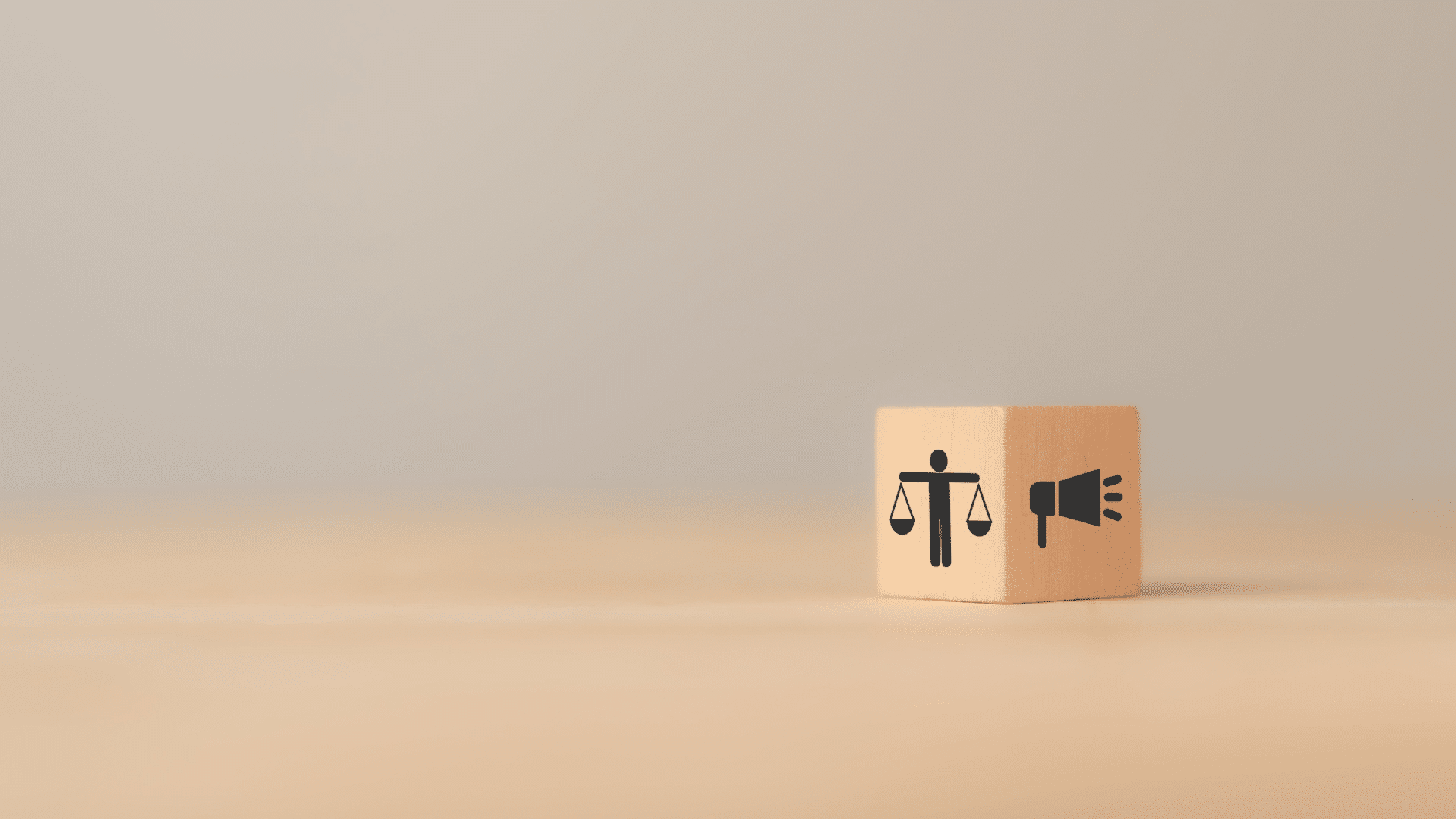





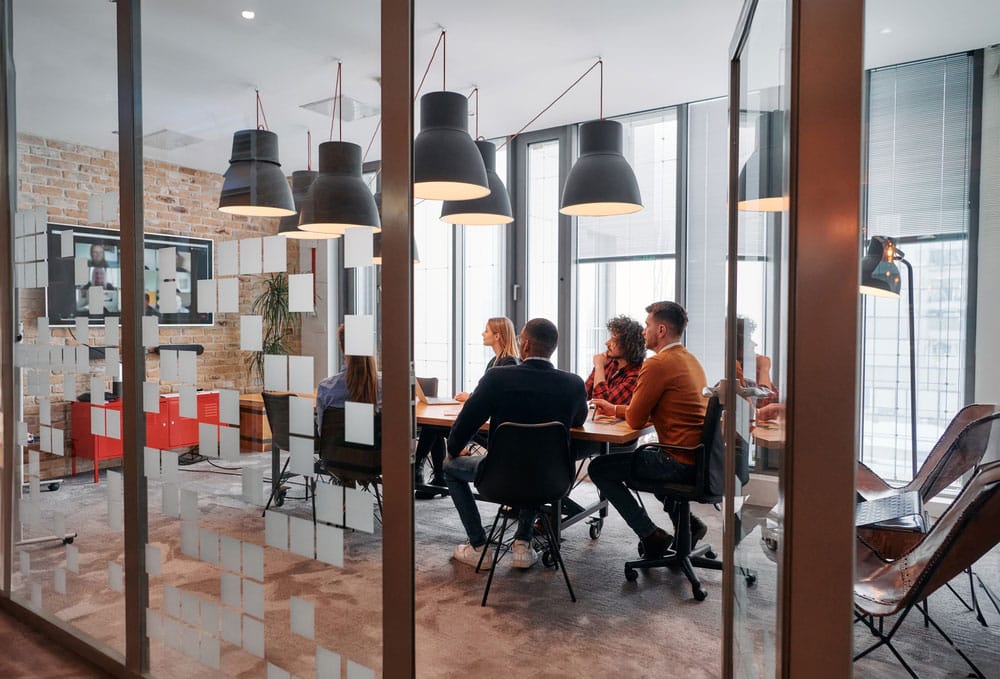





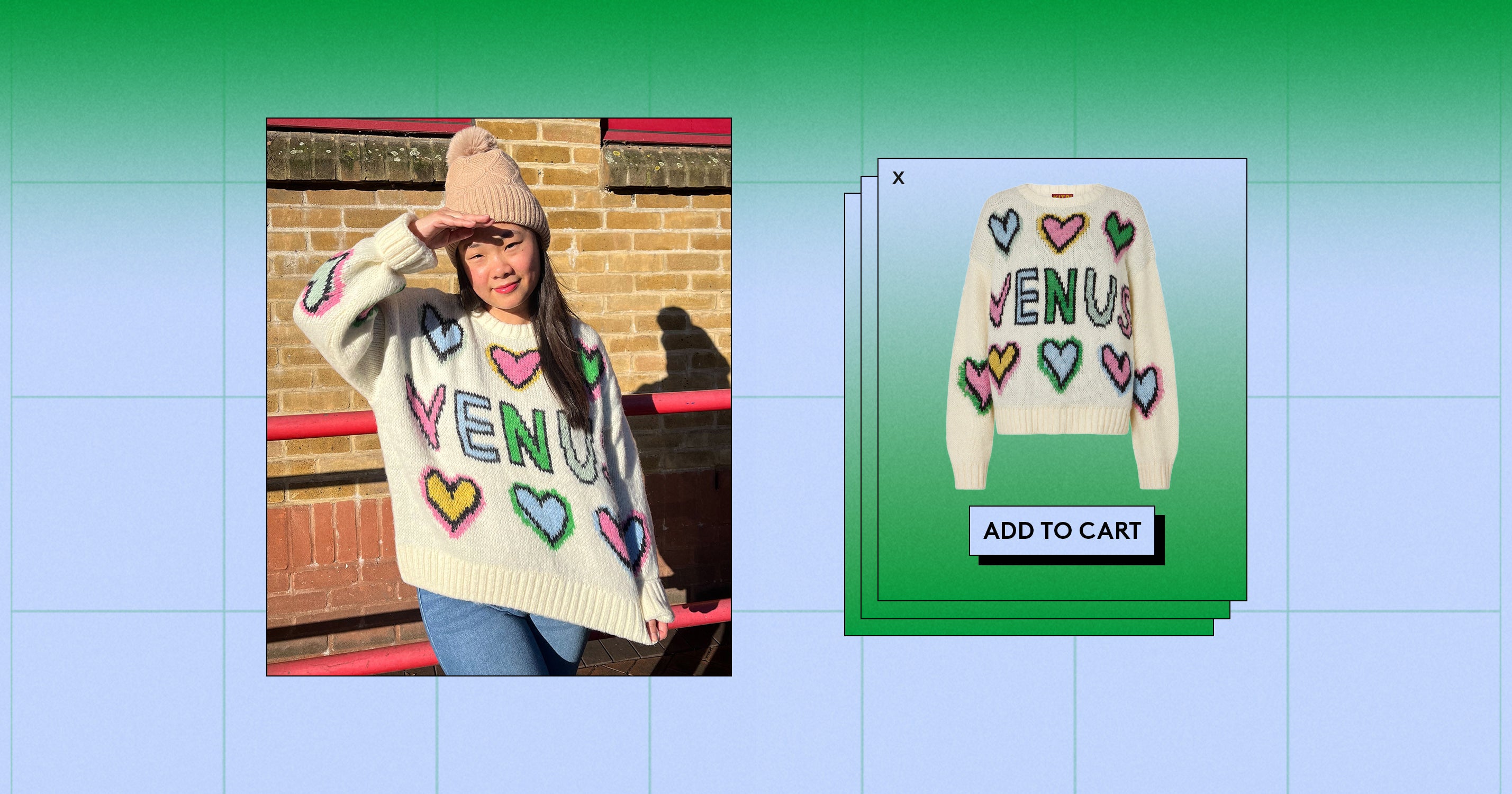

















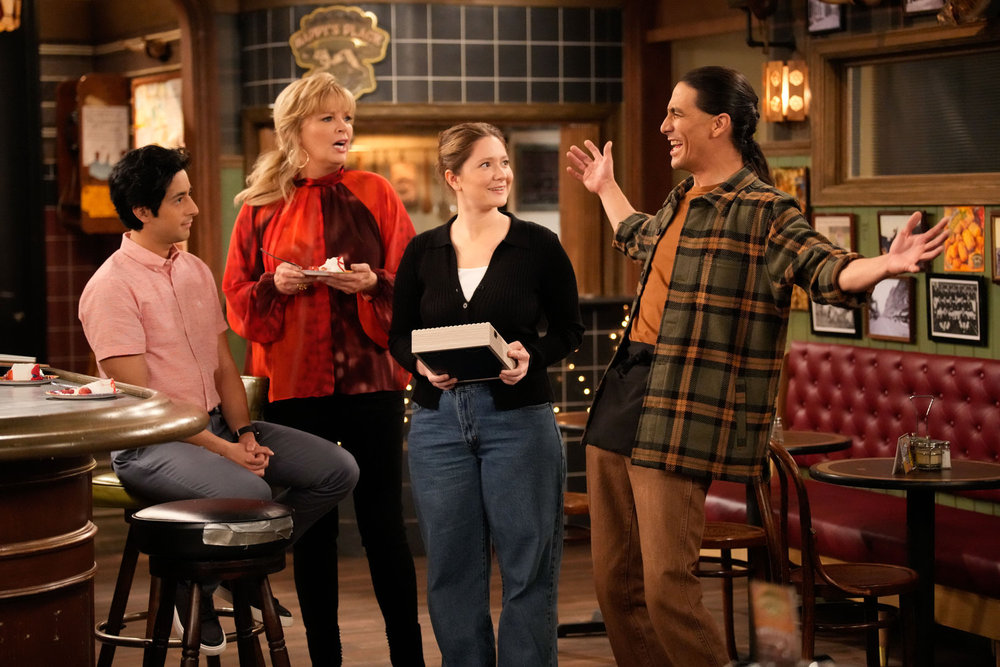





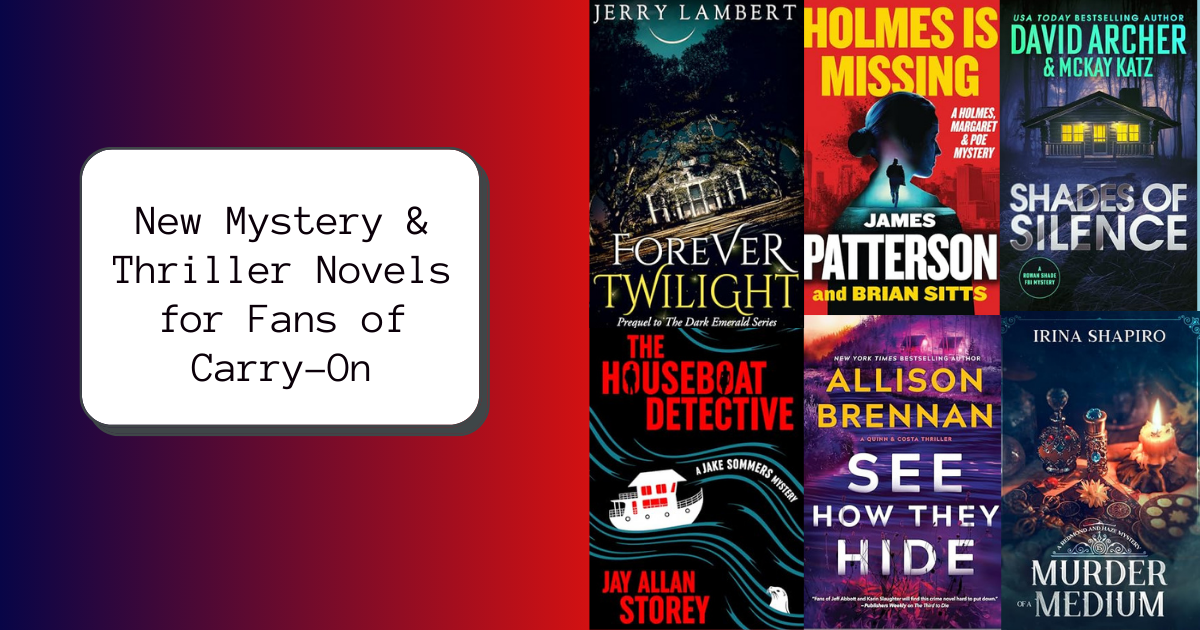
![5 Ways to Improve Your LinkedIn Marketing Efforts in 2025 [Infographic] 5 Ways to Improve Your LinkedIn Marketing Efforts in 2025 [Infographic]](https://imgproxy.divecdn.com/Hv-m77iIkXSAtB3IEwA3XAuouMwkZApIeDGDnLy5Yhs/g:ce/rs:fit:770:435/Z3M6Ly9kaXZlc2l0ZS1zdG9yYWdlL2RpdmVpbWFnZS9saW5rZWRpbl9zdHJhdGVneV9pbmZvMi5wbmc=.webp)





